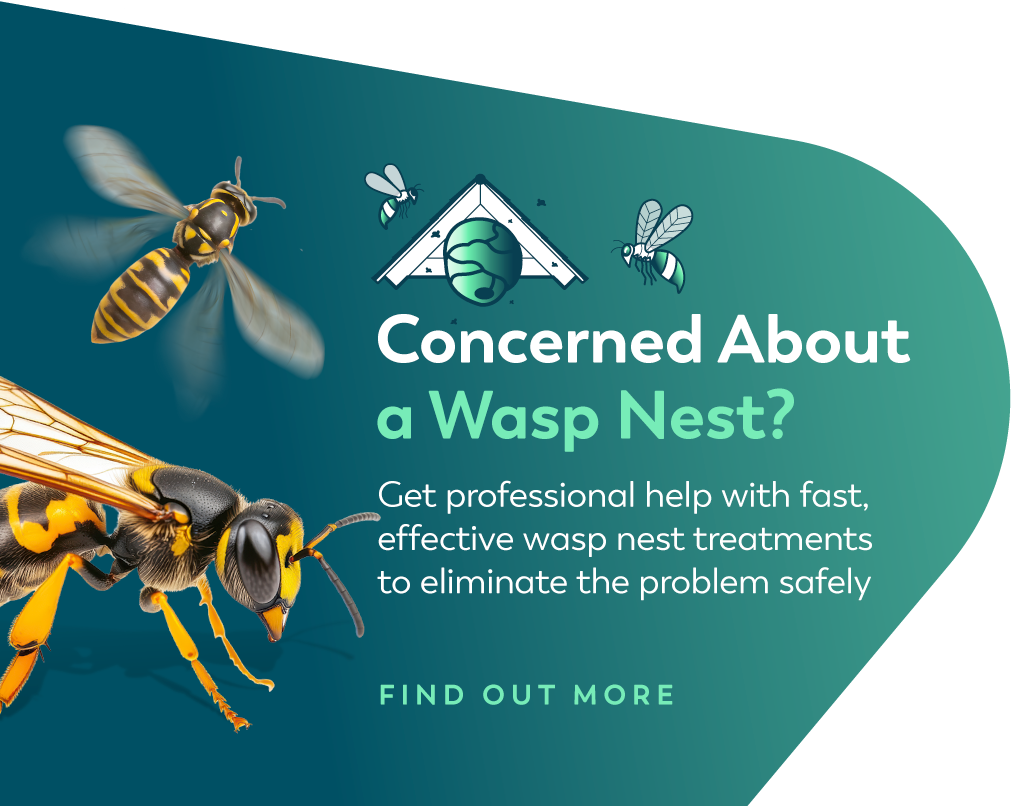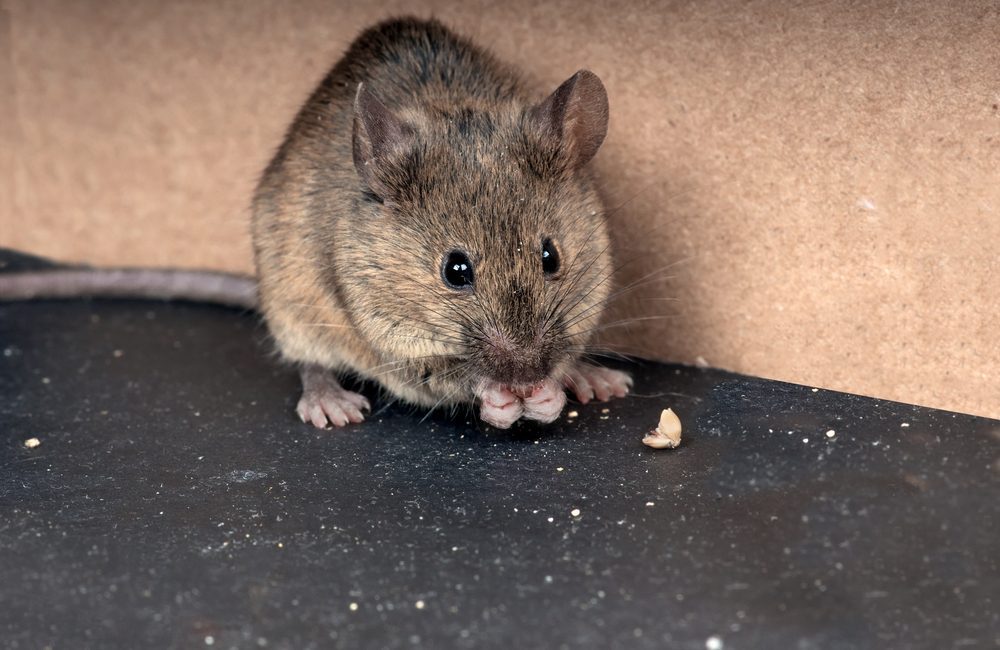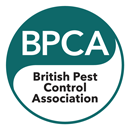Few people really like rats or mice, and no one wants them in their home or within their business property. House mice are small, with their body rarely exceeding 9cm with a dark grey-brown back and light grey belly.
Damage and risk to public caused by mice
The presence of mice can cause significant damage to property; this is because mice’ teeth never stop growing. Mice continually nibble or gnaw on items to keep their incisors at a constant length. They can gnaw through various materials even some metals.
Mice are a public health risk, as they can spread nasty diseases such as Leptospirosis (Weil’s disease) spreading it to humans through their urine, droppings and bedding.
Within various sectors mice can contaminate food and food surfaces, transferring the bacteria and dirt they carry on their bodies to everywhere they touch. This could include unsealed items of food, cabinets and food preparation areas.
Mouse facts
When a female mouse gets pregnant, it only takes between 19 and 24 days for her to give birth to a litter (also known as the gestation period). Each litter typically consists of 5-6 mouse. After giving birth she can immediately mate, therefore, left untreated mice infestations can rapidly grow.
Mice are excellent climbers and can gain access to tiny holes and gaps! Mice only need a gap of 6mm to gain entry (this is roughly the diameter of a biro pen).
These small pests are nocturnal and are most active at night, therefore, they are rarely seen, but there are tell-tale signs which indicate if mice have been present.


